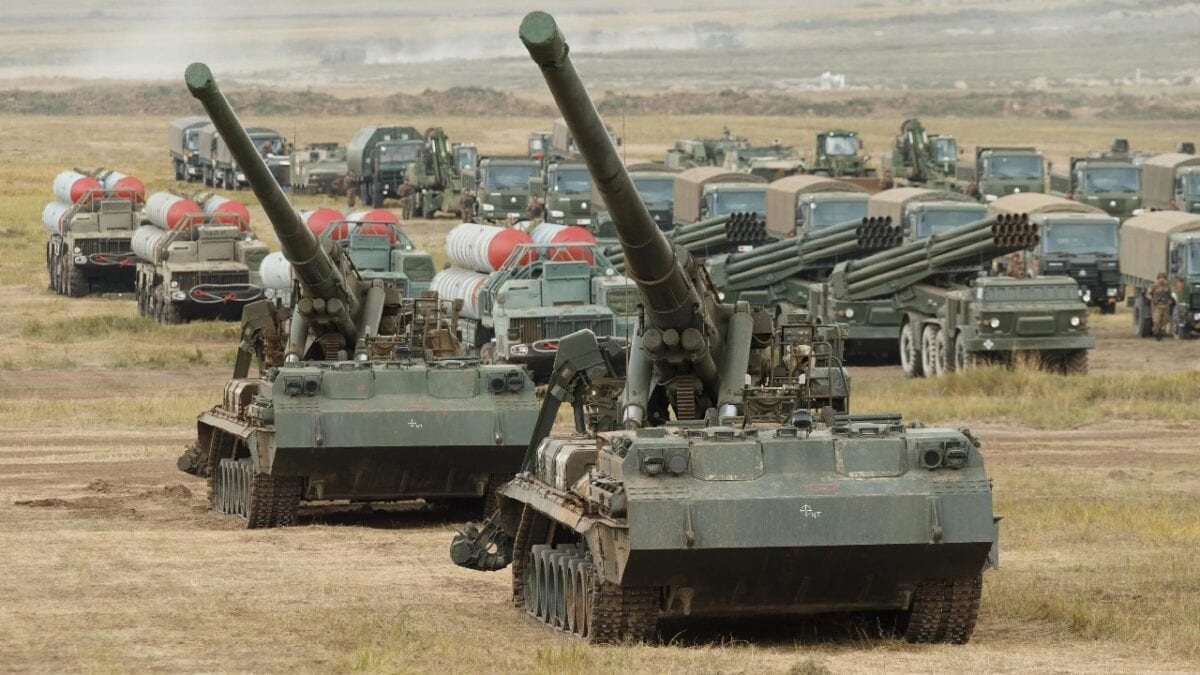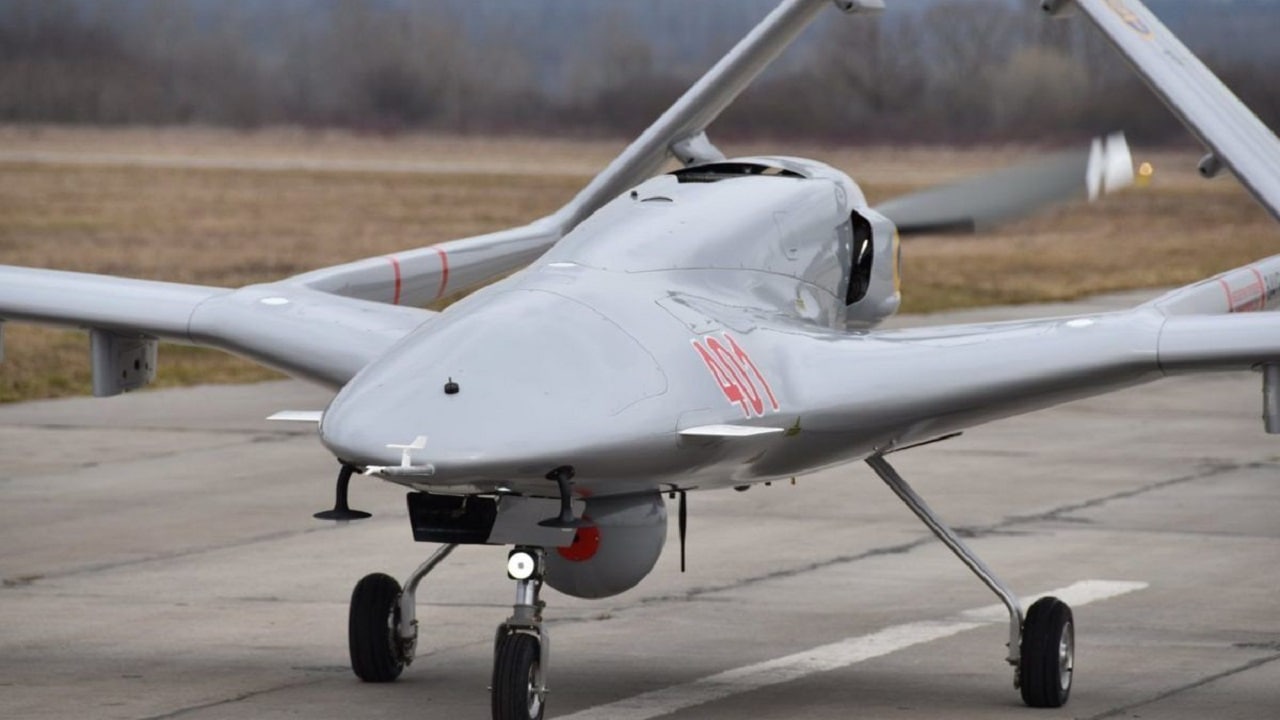On day 95 of the Russian invasion of Ukraine, the Russian military continues to make steady gains in the Donbas, pressuring the Ukrainian forces in multiple directions.
The Ukrainian military is on the defense in the area but has launched a counteroffensive further south near the key city of Kherson.
The Battle for Severodonetsk
For the past few weeks, the Russian military has dedicated much of its focus on Severodonetsk, which is located south of Izium in the Luhansk province. The Russian forces have launched a series of frontal assaults on the city combined with flanking maneuvers in the north and south in an attempt to encircle Severodonetsk.
“The Russians are paying a price for their current tactical success that is out of proportion to any real operational or strategic benefit they can hope to receive. Severodonetsk itself is important at this stage in the war primarily because it is the last significant population center in Luhansk Oblast that the Russians do not control. Seizing it will let Moscow declare that it has secured Luhansk Oblast fully but will give Russia no other significant military or economic benefit,” the Institute for the Study of War assessed.
The fact that the capture of Severodonetsk will give the Kremlin control over most of Luhansk explains the tenacity of the Russian efforts in and around the city.
“Russian progress around Severdonetsk [sic] results largely from the fact that Moscow has concentrated forces, equipment, and materiel drawn from all other axes on this one objective.Russian troops have been unable to make progress on any other axes for weeks and have largely not even tried to do so. Ukrainian defenders have inflicted fearful casualties on the Russian attackers around Severodonetsk even so. Moscow will not be able to recoup large amounts of effective combat power even if it seizes Severdonetsk, [sic] because it is expending that combat power frivolously on taking the city,” the Institute for the Study of War added.
The Russian military continues to suffer casualties, although the rate has slowed down significantly. And yet, the levels or Russian casualties continue to be unsustainable.
The Ukrainian Ministry of Defense claimed that as of Sunday, Ukrainian forces have killed approximately 30,150 Russian troops (and wounded approximately thrice that number), destroyed 207 fighter, attack, and transport jets, 174 attack and transport helicopters, 1,338 tanks, 631 artillery pieces, 3,270 armored personnel carriers, 203 Multiple Launch Rocket Systems (MLRS), 13 boats and cutters, 2,240 vehicles and fuel tanks, 93 anti-aircraft batteries, 504 tactical unmanned aerial systems, 48 special equipment platforms, such as bridging vehicles, and four mobile Iskander ballistic missile systems, and 116 cruise missiles shot down by the Ukrainian air defenses.
Ukrainian Grain and a Looming Global Disaster
Perhaps one of the most pressing global issues created by the Russian invasion of Ukraine is the looming humanitarian disaster caused by the inability of Ukraine to harvest all and export its grain.
In its daily estimate of the war, the British Ministry of Defense focused on the developing global humanitarian disaster that pertains to the Ukrainian agricultural production.
“On 25 May, Russia’s deputy foreign minister, Andrei Rudenko, said Russia is ready to provide a humanitarian corridor for vessels carrying food through the Black Sea in return for the lifting of sanctions. The minister also requested Ukraine de-mine the area around the port of Odesa to allow the passage of ships,” the British Ministry of Defense stated.
Ukraine is one of the largest producers and exporters of grain in the world, and dozens of African and Middle Eastern countries depend on the Ukrainian production for their bread. Should Ukraine be unable to export its agricultural production, millions of people will be faced with disaster.

Russian artillery. Image Credit: Creative Commons.
“Rudenko’s request for Ukraine to de-mine follows a core tenet of modern Russian messaging strategy: introducing alternative narratives, however unconvincing, to complicate audiences’ understanding,” the British Ministry of Defense warned.
“In this instance, Ukraine has only deployed maritime mines because of the continued credible threat of Russian amphibious assaults from the Black Sea. Russia has demonstrated is it prepared to leverage global food security for its own political aim and then present itself as the reasonable actor and blame the West for any failure. Russia’s attempt to achieve a reduction in the severity of international sanctions also highlights the stresses sanctions are placing on the regime,” the British Ministry of Defense assessed.
1945’s New Defense and National Security Columnist, Stavros Atlamazoglou is a seasoned defense journalist specializing in special operations, a Hellenic Army veteran (national service with the 575th Marine Battalion and Army HQ), and a Johns Hopkins University graduate. His work has been featured in Business Insider, Sandboxx, and SOFREP.

